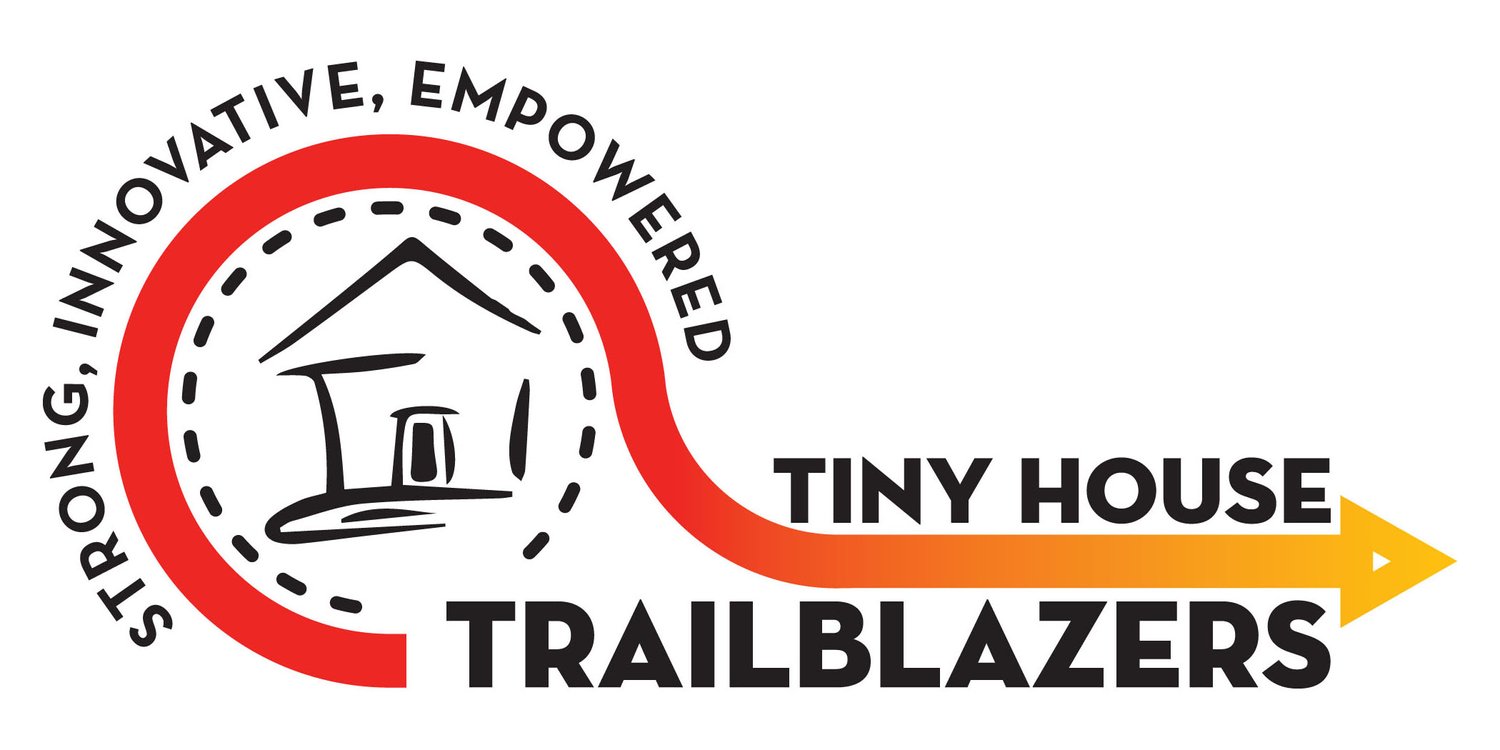
Cooperative Communities | Ujamaa
What does housing and land discrimination have to do with tiny houses? Where do restoration, reclamation and equity fit in? Here’s what we know:
Tiny houses offer a valuable solution for affordable housing and many US cities are currently experiencing an affordable housing crisis, with the most severe impact to the Black community.
Tiny houses offer a quicker pathway to homeownership, while the Black community continues to lag behind with homeownership rates at 40% in comparison to rates of 73% for white people.
Tiny houses offer wealth building opportunities, meanwhile the Black community is so many generations in wealth arrears, as by systemic design.
Tiny houses offer opportunities for real community and for healing, which the year 2020 and the pandemics of Covid-19 and anti-blackness have proven are desperately needed.
With the impacts of racist policies and land theft negatively affecting homeownership, farm and land ownership for Black people, we believe there exists an opportunity for partnership for Black Tiny House Owners and Black Farmers for mutual wealth building and in the spirit of Ujamaa. Ujamaa is “cooperative economics.” Ujamaa is building and maintaining our own and profiting together, the practice of shared social wealth and the work necessary to achieve it. Other’s experiences and personal experiences with racism have shown that RV Parks and rural areas, where tiny houses are most accepted, aren’t often safe spaces for Black tiny house owners and they continue to become less safe. With Black farmers struggling financially also because of systemic racism, there exists an opportunity to build and win together; for community. Cooperative community. Racism cannot be the reason Black people are not successful in the tiny house movement.
With this in mind, we’re working to help create community by connecting Black Farmers with Black Tiny House Owners for the safety and overall success of Black people in this country; farmers, landowners and Black people within the tiny house movement. A successful match and partnership would provide monthly rental income for the farmer and potential additional onsite support, while providing a safe parking location for the tiny house owner. Cooperative communities provide for the well being of one another and for future generations to have sustainable relationships to the land to which we belong. We’re rooting for everybody Black!
Tiny House Trailblazers is committed to cooperative community efforts and can offer high-level guidance to participants in this process. We can not provide legal advice or instruction regarding the laws in your specific location. Zoning laws are enacted and enforced at the local level and therefore vary from county to county. Tiny houses most often exist in a “gray area”, in that there are often no written rules in place for or against them. Farm land generally offers the most flexibility for “acceptance” (think “outbuildings”), hence why this program is more farmer focused -however, land and property owners are welcome to participate. Most often tiny house people and their property hosts operate “under the radar”; prefering to ask for forgiveness later versus asking for up-front permission, which also often seems to be the most successful route (note: the language of the rental agreement should be written to acknowledge this). Should you decide to do so, you would have to contact your local Department of Planning and Zoning to determine the specific rules for your area.
If you’re a farmer and/or have land available, if you are a tiny house owner or maybe aspiring to be one soon and are interested in participating, please click the link below.
Cooperative Communities | Ujamaa
.
